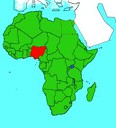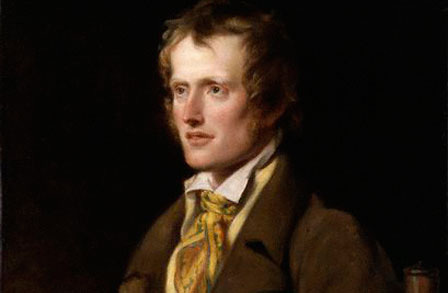The Team by Bernie Comaskey

People exuding pride, a determination to succeed and succeed they certainly did! The Team is about solidarity and in this microcosm of fictional Ballymona for the locals and "exiles" who are magnetically drawn to their homeland like an umbilical cord attached to a newborn babe for heart-warming celebrations and reunions. Of course it's not just about solidarity, the characters also display a "sense of camaraderie and joviality" of people who exude pride and there's plenty of that in abundant quantities evident in Comaskey's recent debut novel. The narrative is lyrical and the author has adopted an autobiographical style reminiscent of Dylan Thomas's Under Milk Wood, just like a soap , here everyone knows everyone else's business and I mean everyone! No secrets barred. Johnny Murtagh, publican, needs to be "affable" and he is central to the plot in creating unity and harmony with a backdrop of volatility with the almos...





